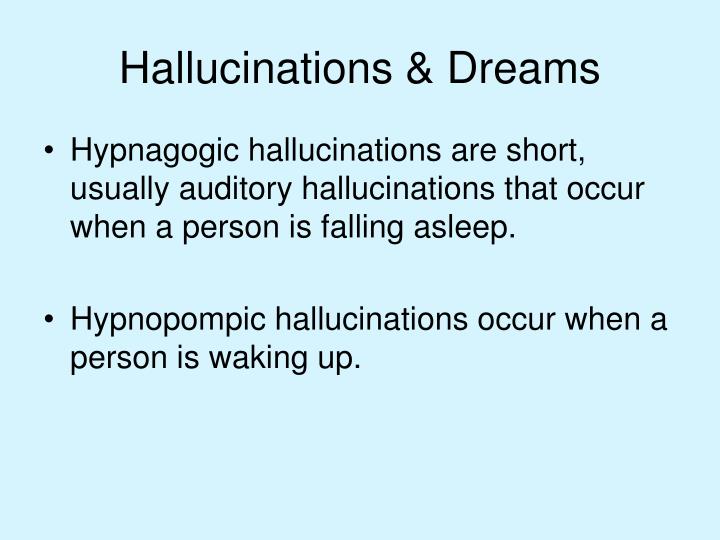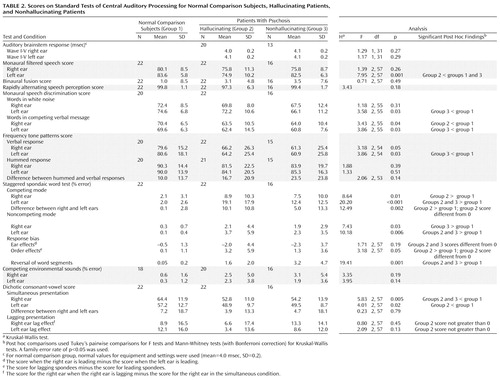

The symptoms of COVID-19 can vary wildly from one person to the next, including respiratory, neurological, cognitive, and psychological effects.Īlthough many people recover from COVID-19 within a few weeks, some individuals with long COVID may experience physical and neurological symptoms for several months or more. While 2021 research shows that people with prior mental health conditions may have a higher risk of COVID-19, there’s not enough evidence to suggest that those with mental health conditions could be more likely to develop COVID psychosis. None of the individuals had a previous history of psychosis. It can be associated with:Ī recent New York Times article on this condition detailed the accounts of several anonymous cases, but empirical evidence in broader populations is still lacking.Ī 2020 study in Britain found that 10 out of 153 participants with neurological or psychiatric symptoms hospitalized with COVID-19 had “new-onset psychosis.”Īnother 2020 study documented 10 patients at a hospital in Spain who had both COVID-19 and symptoms of psychosis. Psychosis is a symptom of certain mental health conditions that impairs an individual’s sense of reality. However, little is known about COVID psychosis and more research is needed. While COVID psychosis can cause severe symptoms and episodes of psychosis, experts say that cases are expected to remain rare.ĬOVID psychosis is a mental health condition experienced in connection with COVID-19 that may cause symptoms and episodes of psychosis. COVID psychosis, a rare mental disorder, has affected a small number of individuals worldwide who contracted the virus. Mental health effects may be more significant among individuals who’ve contracted the virus, especially marginalized groups who’ve been disproportionately affected.īut a lesser-known, long-term mental health effect of the virus looms in the shadows. Some of the effects of COVID-19 could linger for years to come. All rights reserved.The COVID-19 pandemic has had a severe impact on mental health in the United States and beyond, increasing rates of stress, anxiety, depression, and even suicidal ideation.Īs 2020 research notes, the coronavirus pandemic is associated with “highly significant levels of psychological distress.” According to experts, reducing the adverse effects on mental health should be a top priority for international public health.
VISUAL AND AUDITORY HALLUCINATIONS ICD 10 SERIES
Thompson, MD SPANISH SERIES EDITORSĬopyright © The Foundation of the American Society of Retina Specialists. This has been very disturbing to her.Īuthors THANK YOU TO THE RETINA HEALTH SERIES AUTHORS


Hallucinations occur when the affected person is awake, and are usually purely visual and not associated with auditory (sound) hallucinations.


 0 kommentar(er)
0 kommentar(er)
